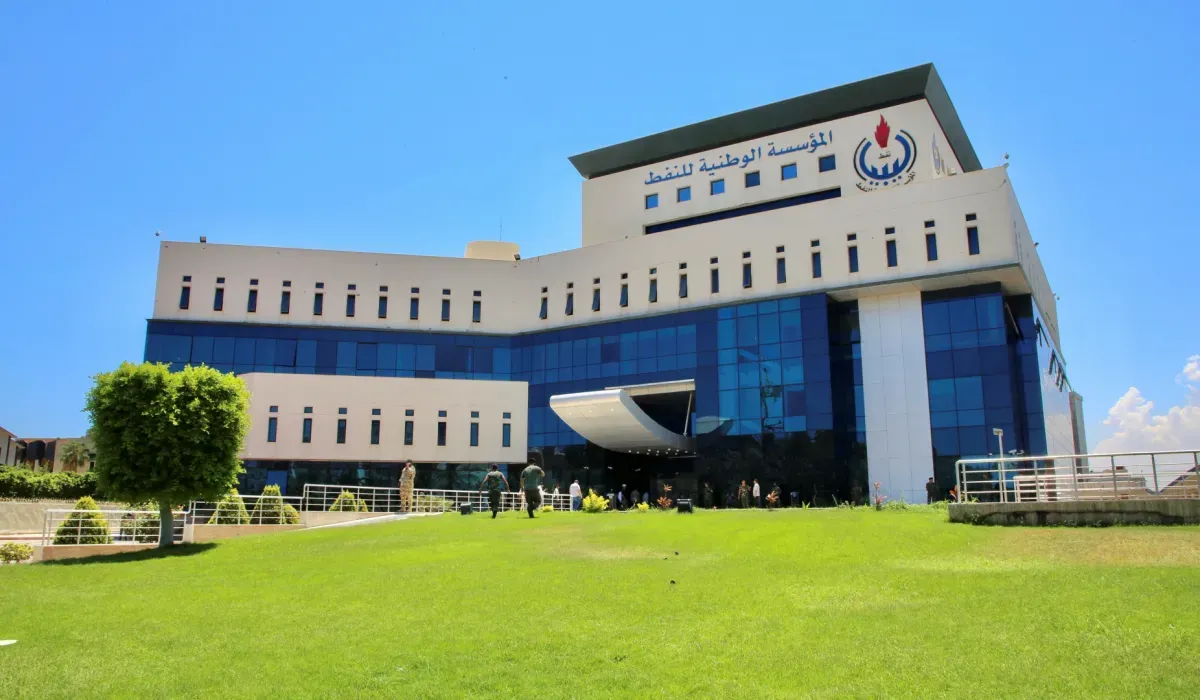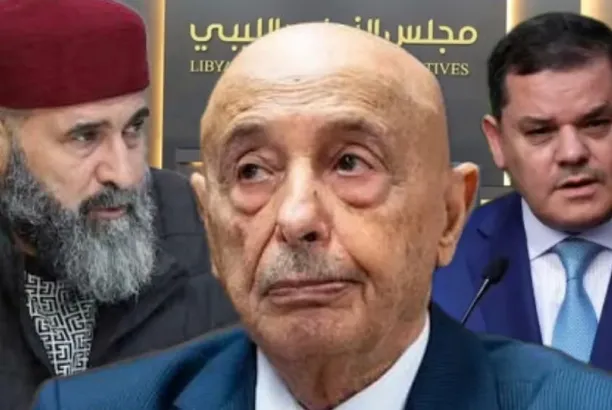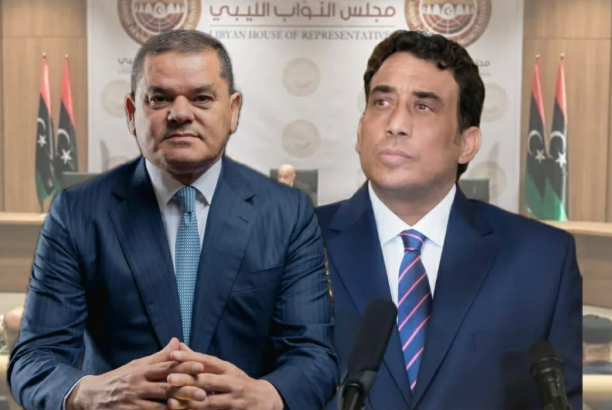
| News
Africa Intelligence: As the Oil Swap Deal Nears Its End, NOC Faces a Critical Period with No Alternatives Yet
A report published by Africa Intelligence revealed that despite continued fuel imports in March, the National Oil Corporation remains unable to pay its bills, while the Central Bank of Libya is concerned about declining crude oil revenues.
The report stated that Masoud Suleiman, the head of the NOC, took a major risk on March 1 by officially halting the oil swap system, which allowed crude oil to be exchanged for imported fuel. The NOC has limited capacity to refine crude oil domestically.
The corporation now enters a dangerous period of uncertainty following the abrupt termination of the swap system, as no alternative financing mechanism has been agreed upon.
Suleiman’s decision to end the system came in response to a ruling by Libya’s Attorney General, Al-Siddiq Al-Sour, who called for its termination in January, arguing that it harmed state interests. The decision was followed by criticism from Libya’s Audit Bureau, which revealed that the swap system resulted in significant additional costs to the NOC’s budget, amounting to approximately $981 million in 2023.
Before the swap system was introduced in 2021 under former NOC chairman Mustafa Sanalla, the company had a budget for fuel imports managed by the CBL under government supervision. However, with the swap system now abolished, Suleiman has placed the responsibility of securing the necessary funding for fuel imports on Prime Minister Abdulhamid Dbeibah, who must provide funds as quickly as possible to avoid an economic crisis.
At the same time, the CBL must decide on the state budget, which may be divided between the two rival governments.
According to the report, no funding agreement has been reached yet. In its February report, the CBL did not mention any new budget allocation for fuel imports but clarified that fuel import bills had been paid since 2021 using the “swap system.”
For now, fuel deliveries have not stopped, and supplies remained stable in March. While the NOC awaits the necessary budget, it has been given three months to settle its bills, according to oil industry sources. The payments must be made by June, or Libya could face a fuel shortage that would impact the General Electricity Company of Libya (GECOL), which supplies power to the country’s infrastructure.
Meanwhile, Libyan crude oil sales have declined in recent weeks. The NOC, seeking to avoid panic, has attributed this drop to normal market fluctuations. However, the CBL issued a press statement on March 18 expressing concern over the current financial instability, which has led to weaker oil revenues and delays in collections.
Oil revenues remain Libya’s primary source of foreign currency, enabling the CBL to provide foreign exchange liquidity. According to CBL data, hydrocarbon export revenues between January and March ranged between $778 million and $1.7 billion, while foreign currency sales reached $2.3 billion during the same period.





